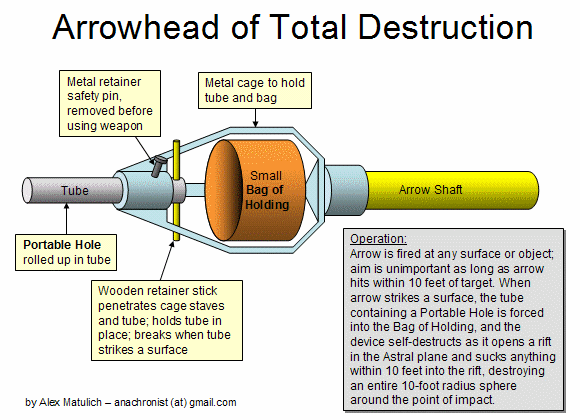(I looked for “science magic” in the stock photos site and this seemed appropriately fascinating and mildly unreal.)
I’m about to jump headfirst into an old debate and scorch myself on both sides! Hooray! Here we go! *splash*
So. Classification is VERY IMPORTANT as we all know. The difference between a seal and a sea lion is essential to your understanding of life and your enjoyment of a video with the cute seal/ion making faces at a baby. All things must be classified and quantified. So when you’re writing a science fiction or a fantasy, it’s VITAL that you know which and how to write it. Then tell me, what’s the difference?
Simple: Science fiction’s magic pretends not to be.
Okay, okay, stop shouting at me and hear me out. I’m going to allow for a very few exceptions. There are authors who are deeply knowledgeable about science and tell fascinating stories with nearly- or all-currently-developed science. Andy Weir springs to mind; if you watch or read The Martian (language warning), his writing of a man stranded on Mars is nearly all written with technology we have right now.
But for the most part? The difference only exists in the trappings. Me writing a race of bird aliens in Astronautica and describing how they manipulate a spaceship requires about the same amount of research as me writing about a slime-caterpillar-monster who absorbs elements into itself. Star Wars is basically wizards whose swords are powered with science crystals, not magic crystals, and who ride on starships, not dragons. How do Star Trek ships achieve lightspeed travel? Uh, there’s this cool crystal called dilithium and it makes acceleration… look, it just works, okay?
And from the other direction, it works just as well. If you look at some of the hard-magic writers, you can extrapolate from their rules into whole new worlds of possibilities. I’m going to use Brandon Sanderson as an example here because of course I am. People look into what the Mistborn magic can do, for example, and figure out ways to make machines powered by, essentially, magic, but that would work given the rules laid out. Or if you apply engineering knowledge to the rules of magic created by the D&D universe, you can create an arrow that shoots spatial rifts. And people have.

I’m not saying any of this is bad. I’m not saying any of it is good. People have created well-crafted, engaging, intricately detailed worlds in both what we would typically call “fantasy” or “science fiction” genres. But to my mind, the instant you start to say “What if…?”, it no longer matters. What matters is that you make an internally-consistent, engaging story. Setting can be anything as long as it feels like it could be real. Characters can be human or “alien” or “monstrous” or satyrs or elven or anthropomorphic or heck, ponies who don’t even have hands as long as they are well written, engaging, and interesting.

I’m also not saying that “you’re making up everything, who cares.” If you disconnect from reality totally, your story will a) dissolve into a mess, and b) lose readers who want to have some grounding. People are going to accept some amount of non-reality to make the story happen. Sure, I’ll accept that this guy’s co-pilot is an 8-foot-tall hairy humanoid whose language is all growls and howls. But if you try to get me to buy that people from completely different planets that had no prior contact can talk to each other within five minutes of meeting? Come on, no, there’s no common basis for this.
Some speculative fiction (defined as anything that says “What if…”, which honestly is so broad it could easily cover all fiction) is going to require more research than others. If you want to make a historical, for example, you need to actually know the customs. Elizabeth Bennett is not going to ride up to Darcy wearing trousers and go “Yo, man, wanna go hunting?” Anyone familiar with the period is going to scream and throw your book across the room. My friend is writing historicals and learning what actually happened during TulipMania in Holland, for example, or how a pirate ship functions vs a ship of the line and where lighthouses were used and how they originally worked is important for her book to make sense in the time period. A science fiction book that’s supposed to be set in the near future that ignores cell phones and internet searches or allows someone in ten years to instantly teleport is going to be hard to swallow. So again, internal consistency is important. If you don’t really want to bother with that sort of accuracy to the real world, you can make your own world but don’t tell me in one scene that your character outruns bullets and in the next scene have their friend get crushed by a train while they watch helplessly from twelve feet away.
So what’s the difference between science fiction and fantasy? Scenery. But the important thing- creating a good story that stays logical- is important in both.
Intellectual Property of Elizabeth Doman
Feel free to share via link
Do not copy to other websites or skim for AI training




